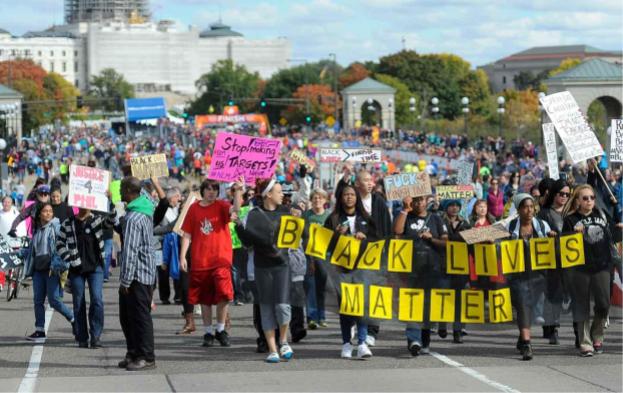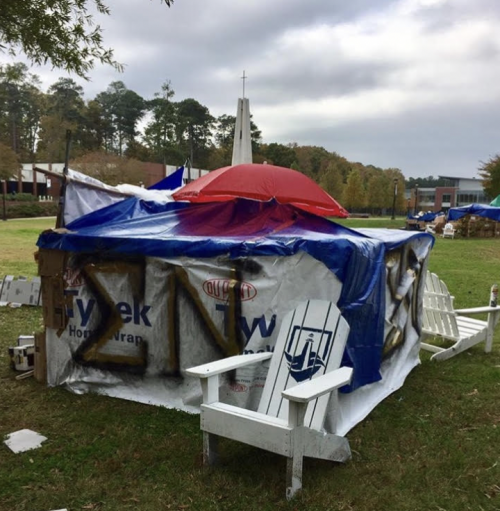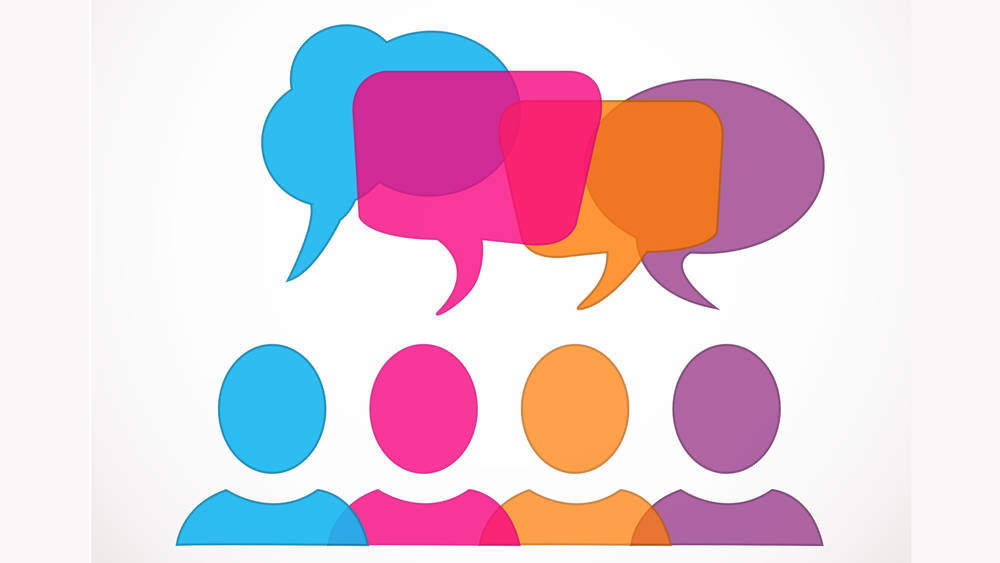Unless you’ve been living under a rock all summer, you’ve heard about the movement called Black Lives Matter, or at the very least the letters B, L and M.
BLM was founded on July 13, 2013 in response to the acquittal of George Zimmerman after he fatally shot Trayvon Martin. May 26, 2020, the day after the death of George Floyd, marked the start of the Minneapolis protest that would give way to a wave of marches and civil unrest across the country and around the world. Black Lives Matter has led the way during these protests as the movement seeks to capitalize on the flame that was ignited on May 26. Since the protests began, 15 individuals have lost their lives and more than 14,000 people have been arrested. The reason why BLM is getting so much support from people stateside and overseas is that the organization is seeking basic human rights. Thousands of people took and continue to take the streets from California to Main in search of equality in the eyes of the state.
The BLM website states that “our intention from the very beginning was to connect Black people from all over the world who have a shared desire for justice to act together in their communities.”
BLM is a group of marginalized people who have decided to speak up and stand up to their oppressors…once again. To those who say all lives matter, you are correct. All lives matter, but if house A is on fire and you’re walking by, decide to stop and call the fire department, when they show up are they going to start spraying house B, and C down? No. They are going to spray house A down because house A is on fire and actually needs help.
The African American community in the United States is the house on fire begging for real justice when a man is unlawfully killed (George Floyd), when a woman is shot five times in her own home (Breonna Taylor), and real when a 17-year-old is shot reaching for candy (Trayvon Martin).
Landry Moffo
lgmoffo@vwu.edu


